Why (Some) Associations Struggle with Online Communities
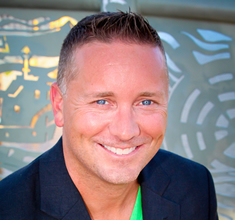 Associations are a natural segment of the online community space, because one of the primary objectives of associations has always been connecting likeminded professionals and sharing resources. And yet, according to today’s guest on the show, “most” associations have not yet implemented an online community platform.
Associations are a natural segment of the online community space, because one of the primary objectives of associations has always been connecting likeminded professionals and sharing resources. And yet, according to today’s guest on the show, “most” associations have not yet implemented an online community platform.
Ben Martin has carved out a specialty, helping associations build their online communities. Why are most associations still skipping online community building? And where do associations often struggle when they attempt it? That’s what we discuss on this episode. Plus:
- Ben’s plans for a Community Manager Appreciation Day livestream
- The biggest reason that associations fall short in their online community efforts
- The differences between an association community and a public-facing community
Continue reading “Why (Some) Associations Struggle with Online Communities”
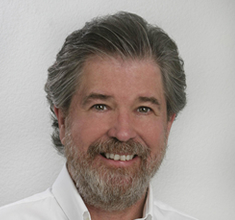 As community professionals, we get a zone when it comes to handling problems. We’re so used to fixing issues, that we can forget about outside resources that may be better suited for dealing with an issue than we are. Law enforcement is one of these.
As community professionals, we get a zone when it comes to handling problems. We’re so used to fixing issues, that we can forget about outside resources that may be better suited for dealing with an issue than we are. Law enforcement is one of these.
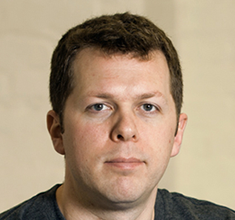 Many online communities are ad-supported. Without that revenue, they may have to reduce their operations or cease to exist at all. Ad blocking is a serious threat, but what’s the best way respond to it?
Many online communities are ad-supported. Without that revenue, they may have to reduce their operations or cease to exist at all. Ad blocking is a serious threat, but what’s the best way respond to it?
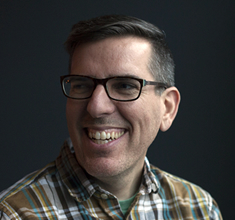 After managing MetaFilter for 16 years, founder Matt Haughey stepped away from the community in 2015, handing the day-to-day operations over to a long time staff member with a small, paid team.
After managing MetaFilter for 16 years, founder Matt Haughey stepped away from the community in 2015, handing the day-to-day operations over to a long time staff member with a small, paid team.
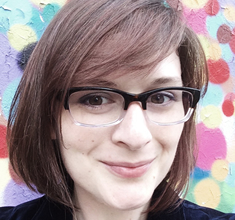 As we talk about harassment and fake news online, we are often discussing what responsibility platforms have in the matter. What should they do? What shouldn’t they?
As we talk about harassment and fake news online, we are often discussing what responsibility platforms have in the matter. What should they do? What shouldn’t they?
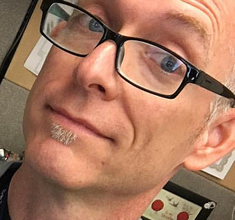 Community is at the core of the existence of public libraries. They’re an important hub for local communities and, in turn, become a community of their own, where people learn and share.
Community is at the core of the existence of public libraries. They’re an important hub for local communities and, in turn, become a community of their own, where people learn and share.
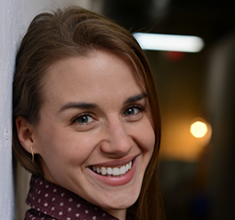 I recently spoke to a class at Syracuse about online community, and one of the students asked me what the two most important traits for a community professional were. I named empathy and attention to detail. The first one is the focus of this episode.
I recently spoke to a class at Syracuse about online community, and one of the students asked me what the two most important traits for a community professional were. I named empathy and attention to detail. The first one is the focus of this episode.
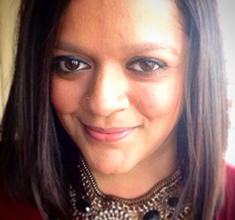 Six years ago, multinational publishing and education company Pearson transitioned from siloed intranets to an internal online community named Neo. This platform has encouraged active collaboration between their global network of 36,000 employees, spread across more than 70 countries.
Six years ago, multinational publishing and education company Pearson transitioned from siloed intranets to an internal online community named Neo. This platform has encouraged active collaboration between their global network of 36,000 employees, spread across more than 70 countries.